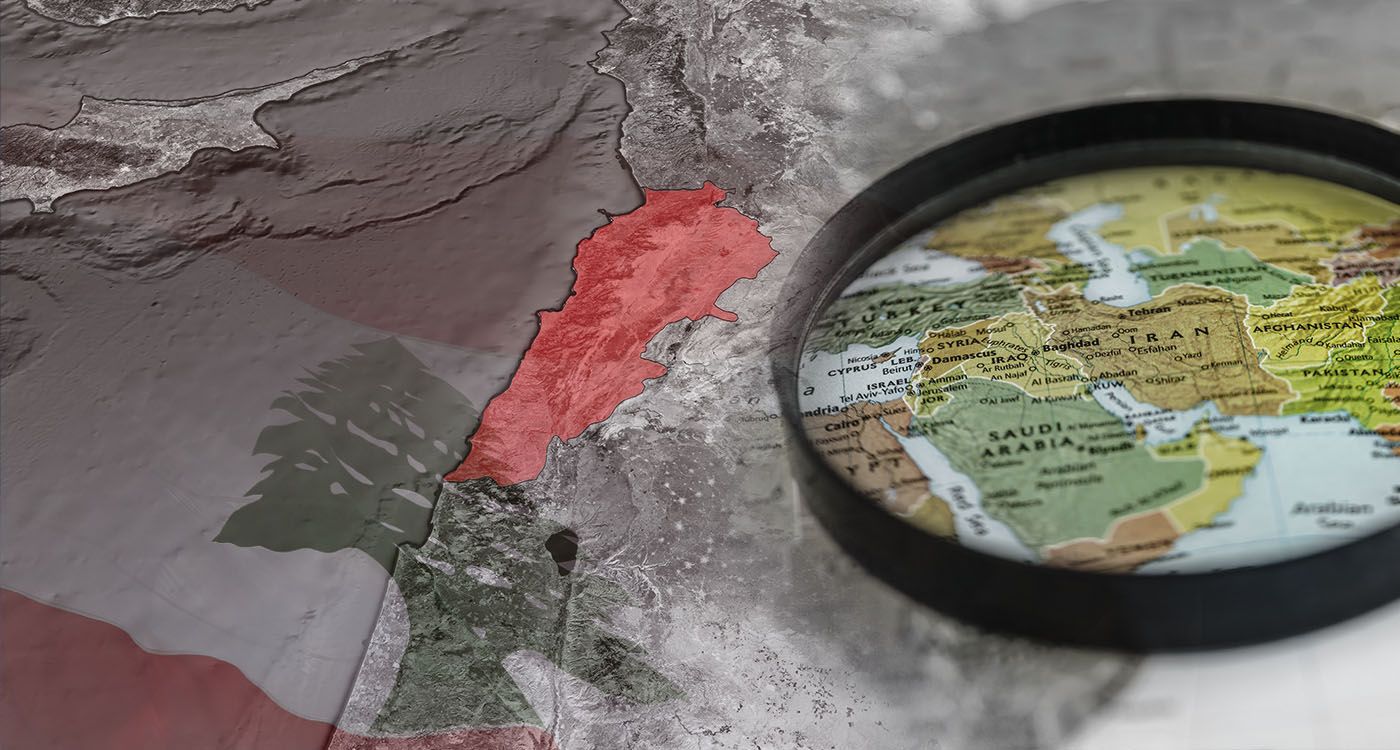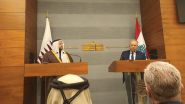
American political scientists in the sixties were quite pessimistic when analyzing the cascading political crises befalling Lebanon since the late fifties. Leila Meo used the label of “improbable nation” (1963), and Michael Hudson characterized it as a “precarious republic" (1965). This sense of instability prompted numerous scholars to explore the underlying factors contributing to Lebanon's fragmented national identity, endemic instability and governance challenges. The intricate interplay of inter-communal divides, cultural wars, external influences and historical grievances is shaping Lebanon’s turbulent landscape.
The actual predicament of “improbable statehood” (Charles Chartouni 2025) features the inability to rebuild the ramshackle statehood. The ongoing regional instability and its Lebanese incidences have led to persistent civil unrest and political paralysis, further complicating efforts at reconciliation. As Lebanon navigates this multifaceted crisis, the call for innovative political solutions to foster cohesion and stability becomes increasingly urgent. The state of political fragmentation, pervasive cultural wars, oligarchic entrenchments and successive suzerainties have questioned the very notion of statehood and the likelihood of its rehabilitation.
The war ending equated with internal exhaustion after 15 years of open-ended conflicts, which paved the way for alternating politics of domination swayed by the breakdown of national consensuses, Shiite domination politics and political nihilism, the implosion of the regional order and the competing regional power politics. Rather than opening up the path to national reconciliation, moral atonement and discursive conflict resolution, the end-of-war episode has given way to destructive power politics and zero-sum game scenarios.
These dynamics have stifled the possibility of constructive dialogue and have instead entrenched divisions within the country. As various political factions vied for control, the potential for a consensual approach to governance and political healing seemed increasingly elusive. The politics of retribution, factionalism, predatory politics and Shiite domination politics and their ilk have thoroughly reshaped the political landscape and its inbuilt dynamics, and eviscerated the very essence of consociational politics and constitutionality.
Political institutions are instrumented by power groups and their regional mentors. This shift has resulted in a governance model that favored Islamic power politics and their domestic variants. The national and civic rebellions (2005, 2019) against Syrian domination and oligarchic power games were fleeting interludes bracketed out by Shiite power politics. As trust eroded and public disillusionment grew, the path toward reconciliation and inclusive policymaking appeared fraught with challenges, requiring strong diplomatic mediations, alternative political solutions and genuine commitment from all stakeholders involved.
The Lebanese political theater mutated into a competing ground between regional power brokers, and its actors were assigned proxies in a regional political setting. The alternating Syrian, Saudi and Iranian power brokers have steered the political game for the last 35 years, distorted the purview of public life, made the country vulnerable to foreign interventions and weakened its immunities and ability to evolve a self-contained political environment. Nonetheless, the Saudi role compares by no means with the destructive impact of Syrian and Iranian power politics. The dominating trends were eradicated successively by the shifting power dynamics at the regional level and the disruption of their domestic political nodes.
As a result, the country's governance has become increasingly fragmented, with Shiite power politics vying for control and exploiting chaos. This instability not only undermines political sovereignty but also poses significant challenges for Lebanon’s national viability and any future efforts aimed at restoring civil concord.
The Syrian, Saudi, Qatari and Iranian alternating power brokers have created the congenial ambit for trivialized political interventionism, generalized political and financial delinquency and pliability to predatory politics, discretionary exercise of power and political arbitrariness. Hence, one can understand how Lebanon’s national and political integrity has lost ground to political suzerainties, a diffuse state of widespread political and societal anomie, well-entrenched cultural and civil war politics, Islamic fundamentalism and their regional and domestic political vectors and vehicles.
The Iranian politics of subversion were better positioned to articulate internal and external dynamics and transform Lebanon into an operational platform and a geostrategic lever to be instrumentalized at the intersection of both. This strategic feat is not unconventional by regional standards. What made it exemplary and effective is its transformation into a working model throughout the Middle East.
The October 7th, 2023, orchestrated pogrom in Southern Israel has turned awry and led to the Israeli destruction of the "integrated operational platforms” devised by the Iranian regime and to the creation of a new geostrategic configuration that questions the extant political and national boundaries and the inner political dynamics within and between the states and stimulates the need to reengineer the regional power equilibriums.
Iran is attempting to navigate the muddied waters with declining political fortunes. Its wager on a state of institutionalized civil wars, regional instability, radical Shiite militancy and embedded chaos seems to be the unique alternative to its defeat and to the unraveling of its proxy pillars all across. Hezbollah remains, paradoxically, its most potent lever and coordinator for sabotaging politics regionally. After the destruction of Hezbollah and the string of regional proxies, the Iranian political script tries to overturn the blighted scenarios and reinvest in the Lebanese political institutions as a better means to regain control of the political and military dynamics.
The complacency, let alone the complicity, of the newly elected executive opens up the political landscape to the re-editing of the erstwhile scenarios of institutionalized chaos, the hazards of domestic and regional civil wars and national disintegration. The takeover of political institutions and the debilitation of their inner workings and normative consensuses is once again their way to civil discord and reinstated domination politics. Unfortunately, Lebanon finds itself confronted, once again, with major geopolitical and strategic challenges with no moral compass and no national consensus.




Comments